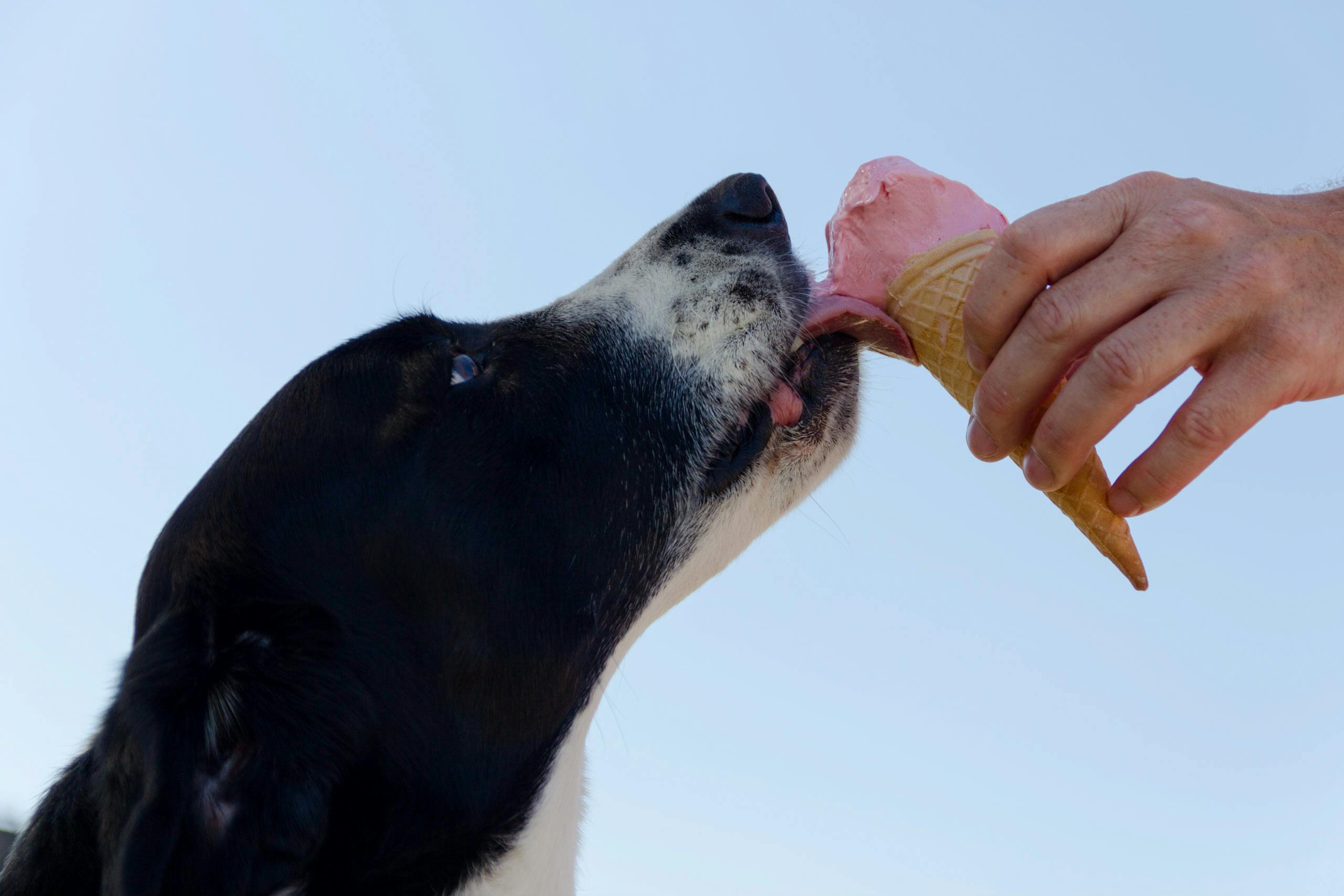Digestive problems in dogs are a common ailment that can result from many causes – from food intolerances and allergies to gastrointestinal diseases. A proper diet is essential for your pet’s health and well-being. So, how should you feed a dog with a sensitive digestive system? Here are some practical tips.
How to Recognize Digestive Problems in Dogs
Before making any changes to your dog’s diet, it’s worth consulting a veterinarian. Digestive problems can have various causes, including:
- Food intolerances,
- Allergies,
- Pancreatic disorders,
- Intestinal diseases (e.g., colitis, IBS),
- Parasites.
A proper diagnosis will help determine the best feeding approach.

Food for Dogs with Stomach Pain
Dogs with digestive issues often require specialized diets. It’s best to choose food that is:
- Hypoallergenic – Free from common allergens such as chicken, beef, soy, dairy, or grains.
- Easily digestible – With reduced fat content and added prebiotics to support gut flora.
- Single-source protein – For example, lamb, turkey, or fish are better tolerated by dogs with food sensitivities.
Homemade Diet for Dogs with Digestive Sensitivity
If you decide to prepare meals yourself, make sure to include:
- Cooked, lean meats (turkey, chicken, lamb),
- Cooked white rice or sweet potatoes as easily digestible carbohydrate sources,
- Cooked vegetables (e.g., carrots, pumpkin, zucchini),
- Natural prebiotics like kefir or plain yogurt (if the dog tolerates them well).
Avoid:
- Foods high in fats and spices,
- Dairy products (unless the dog can tolerate lactase),
- Artificial additives and preservatives.
Dogs with digestive sensitivity should eat smaller portions but more frequently – ideally 3-4 times a day. This helps avoid overloading the digestive system.
Supplementation and Digestive Support
For digestive problems, you may consider additional support such as:
- Probiotics and prebiotics – To support gut flora and improve digestion.
- Omega-3 oils – To reduce inflammation.
- Glutamine – To support intestinal lining regeneration.
What to Avoid?
Do not feed a dog with digestive problems:
- Table scraps,
- Bones that can damage the stomach and intestines,
- Raw foods with a hard-to-digest structure (e.g., raw beef, uncooked cabbage vegetables).
A diet for dogs with digestive problems should be easily digestible, rich in natural ingredients, and tailored to the individual needs of the animal. It is also essential to monitor your dog’s response to specific foods and have regular consultations with your veterinarian. Follow these guidelines, and your pet will enjoy a healthy digestive system and better well-being!
It’s worth remembering that digestive problems can also result from stress. In such cases, consider using a calming tincture that helps reduce tension and improve your dog’s overall well-being.


